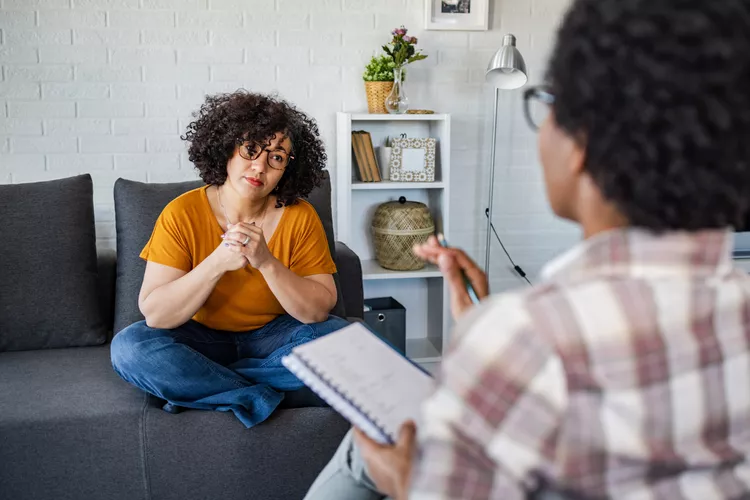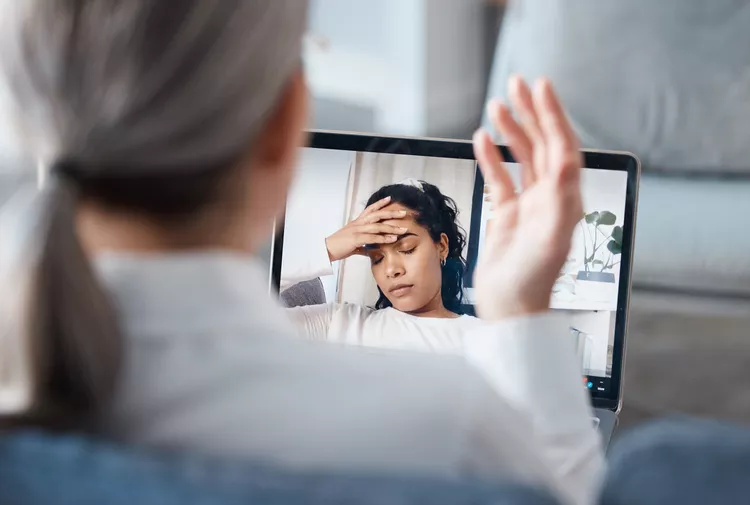How Do I Know If Therapy Is Working?
Embarking on the journey of therapy takes immense courage, often delving into uncharted territories of our inner selves. It’s a process of self-examination, confronting both strengths and weaknesses while navigating through past traumas. Despite its challenges, therapy offers the promise of developing new coping mechanisms and improving relationships, both internally and externally. But how do you discern if therapy is truly making a positive impact? Here are five clear signs to look out for.
You Feel Better:
The most apparent sign that therapy is working is when you start feeling better. This improvement may manifest in various ways, from a newfound sense of manageability in life to experiencing moments of joy and appreciation for the world around you. Your inner critic might soften, and you may find yourself focusing more on the present rather than dwelling on past sorrows or future anxieties.
You Feel Supported By Your Therapist:
While therapists aren’t meant to be your best friends, a good therapeutic relationship fosters a sense of trust and support. Feeling safe and understood during therapy sessions, even when facing challenges, indicates that the therapeutic process is effective. Research suggests that a strong connection with your therapist enhances the efficacy of therapy.
Your Blind Spots Are Coming Into Focus:
We all have blind spots—patterns of thinking or behaving that we might be unaware of but impact our daily lives. Therapy helps illuminate these blind spots, enabling you to recognize and address them. Though it can be uncomfortable to confront these aspects of yourself, it leads to “a-ha!” moments that offer clarity and facilitate personal growth.
Your Relationships Are Improving:
Positive changes in your relationships signify progress in therapy. As you develop healthier coping mechanisms and communication skills, interactions with loved ones, friends, and colleagues become more fulfilling. While challenges may still arise, you’ll find yourself approaching them with increased patience, empathy, and problem-solving abilities.
You’re Unlearning Unhealthy Coping Mechanisms:
Therapy assists in identifying and dismantling unhealthy coping mechanisms developed in response to past traumas. Whether it’s overcompensation, withdrawal, or seeking approval, therapy helps you understand and unlearn these ingrained behaviors. Breaking free from these patterns fosters personal independence, success, and fulfillment.
Conclusion:
Therapy is a transformative journey of self-discovery and growth. It requires dedication, openness, and a willingness to confront discomfort. By recognizing these signs of progress, you can appreciate the positive impact therapy is having on your life, paving the way for a healthier and more fulfilling future.
FAQs:
1.How long does it take for therapy to work?
Therapy duration varies for each individual and depends on factors such as the nature of the issues being addressed and the therapeutic approach. While some may experience improvements in a few sessions, others may require more time for significant progress.
2.What if I don’t feel comfortable with my therapist?
Building trust and rapport with your therapist is crucial for effective therapy. If you don’t feel comfortable or supported by your therapist, it’s important to communicate your concerns openly. In some cases, switching therapists may be beneficial.
3.Can therapy make me feel worse before I feel better?
It’s not uncommon to experience discomfort or heightened emotions during therapy as you confront deep-seated issues. This process, known as “therapy’s storm before the calm,” is often a precursor to meaningful breakthroughs and long-term positive changes






